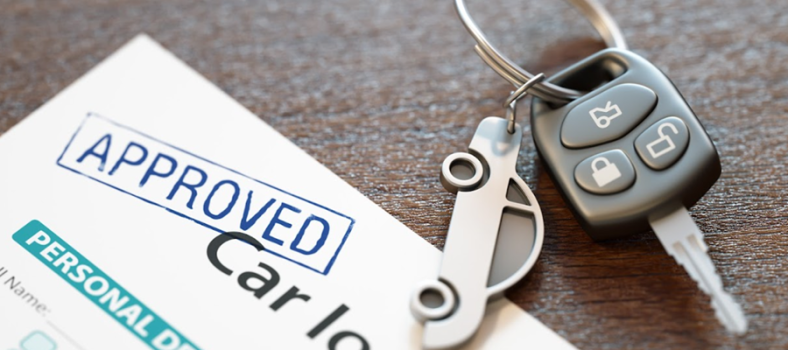How to Improve Your Credit Score
Australian readers: whilst this article is based on the American credit system, it is applicable to Australia as the credit system here is slowly moving towards a US model.
If you’ve ever applied for a loan or credit card you’ve probably already heard about your credit score. Your credit score is a number that helps lenders determine how risky it is to lend money to you. Essentially, they want to know how likely you are to pay them back. So they look at your credit score.
Your credit score is three digits ranging from 300 to 850. The three major credit reporting agencies (Equifax, Experian and Trans Union) all calculate them a little differently so your score might fluctuate a little. You want to aim for 720 or higher to get the best interest rates, though you’ll likely get fair interest rates in the high 600s as well.
Because your credit score will help determine interest rates on home loans and car loans (of if you can even get one), you want to keep it in pretty good shape. Your credit score will go down with any of the following factors:
– Late payments (medical bills, credit cards/loan payments, cable and utilities)
– Defaulted loans
– High debt to income ratio
– Too many credit inquiries
– Bankruptcy
– Unemployment
Your credit score isn’t likely to be impacted by one or two late or missed payments, but routinely paying bills late, or not paying them at all, will negatively impact your credit score. If you need to raise your score, start making payments on time. And talk to your creditors to work out a payment plan.
It may sound odd, but using the credit you have can actually ding your credit score. Ideally, your debt to ratio should be around 40 percent or lower and you should only have used a portion (roughly 25 percent or less) of your available credit. Maxing out your credit cards will tell creditors you aren’t responsible with your money.
Similarly, if you have too many credit inquiries creditors may reconsider lending since no one else is. Only apply for credit occasionally, and when you know you’ll be approved.
Improving your credit score will take time, it can take up to several weeks or months for changes to be reflected on your score. To help speed the process up here are a few things you can do:
– Stick with a budget. Make sure all of your bills are paid on time, every month. This is particularly true with debt payments you are behind on. If you can’t afford to pay off debt in full, make at least a minimum payment (preferably more if possible.)
– Get a better job. Your income affects your credit score, so getting a reliable job and staying there for at least a year will help your credit score.
– Don’t close all of your accounts. You should stop spending money on your credit cards, but you may not want to close out all of your accounts quite yet. Credit history (how long you’ve had credit) will impact your score, so closing your accounts could cause a ding.
– Be diverse. Instead of applying for credit cards to pay for emergencies, consider a loan from a local credit union. Not only will you save a ton on interest rates, it’ll look better on your credit report.






No Comment